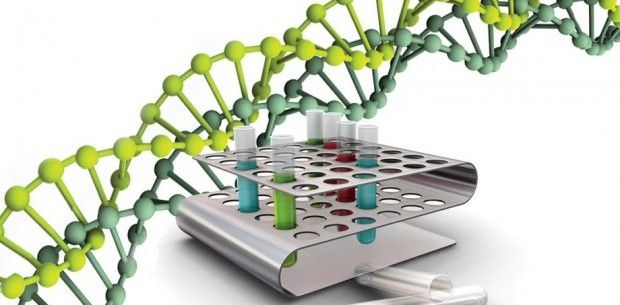New publications
Artificial chromosomes can help manage inherited diseases
Last reviewed: 01.07.2025

All iLive content is medically reviewed or fact checked to ensure as much factual accuracy as possible.
We have strict sourcing guidelines and only link to reputable media sites, academic research institutions and, whenever possible, medically peer reviewed studies. Note that the numbers in parentheses ([1], [2], etc.) are clickable links to these studies.
If you feel that any of our content is inaccurate, out-of-date, or otherwise questionable, please select it and press Ctrl + Enter.
According to the press service of the Stem Cell Institute, scientists from the Chromosome Construction Center, located at Tottori University in Japan, have succeeded in obtaining artificial human chromosomes that can be used for gene or cell therapy to get rid of hereditary diseases.
Professor Mitsuo Oshimura, who holds the post of Director of the Center, has been conducting serious research for many years in the field of treating diseases of a hereditary nature by introducing artificial chromosomes of so-called induced pluripotent stem cells, which are formed from developed somatic cells by using the method of expressing a set of four genes (transcription factors).
The researcher came to the conclusion that the method he proposed makes it possible to treat diseases such as Duchenne muscular dystrophy, a dangerous disease of the neuromuscular system in which changes occur in muscle fibers. The cause of this disease is considered to be a mutation of the gene associated with the process of synthesis of a special protein - dystrophin. And the symptoms are noticeable already in the first years of life and pose a serious threat to health.

Professor Oshimura conducted his experiments on mice because this method of obtaining factual evidence on the effectiveness of certain treatment methods, pharmaceuticals and medical equipment is most suitable for high-quality research and does not require additional equipment, such as a medical waste disposal unit, numerous diagnostic equipment and means of monitoring the condition of patients.
The experiments confirmed that gene therapy based on the use of artificial chromosomes actively promotes the normalization of muscle tissue in mice. The idea behind the new method is to construct a chromosome that must carry the desired DNA fragment in a “corrected” form – without mutation. The chromosome is then placed in a prepared stem cell, which acts as a vehicle for the “correct” gene. Then, in the process of cultivation, new cells are obtained that can be transplanted into organs or tissues damaged by the disease.
Experts believe that the new technology has a great future, since it can be used to introduce large sections of DNA into cells without fear for the integrity of the existing genome. The advantages of artificially created chromosomes over viral or other vector systems are their enormous genetic capacity, stability at the mitotic level, the absence of threats to the host genome, and the ability to remove modified chromosomes from cells.

 [
[